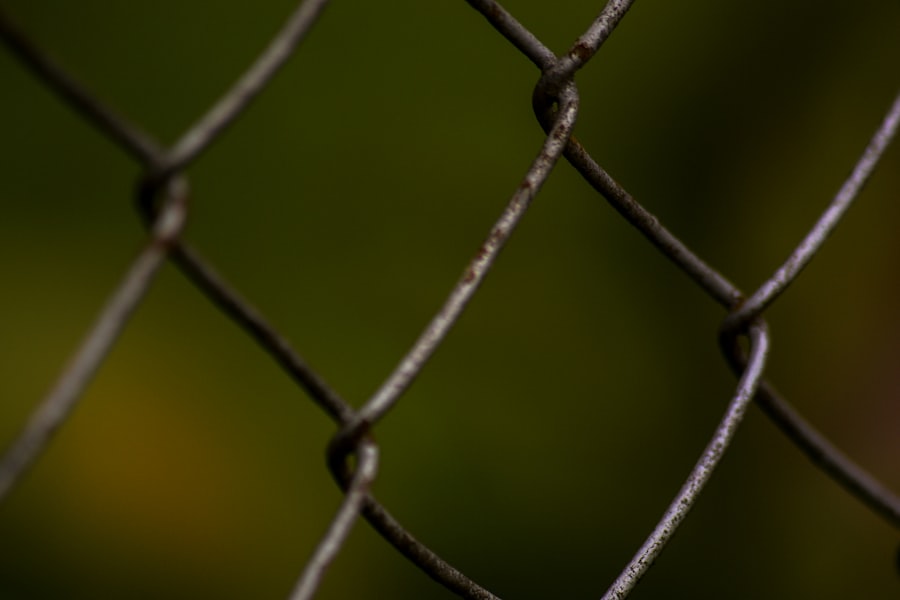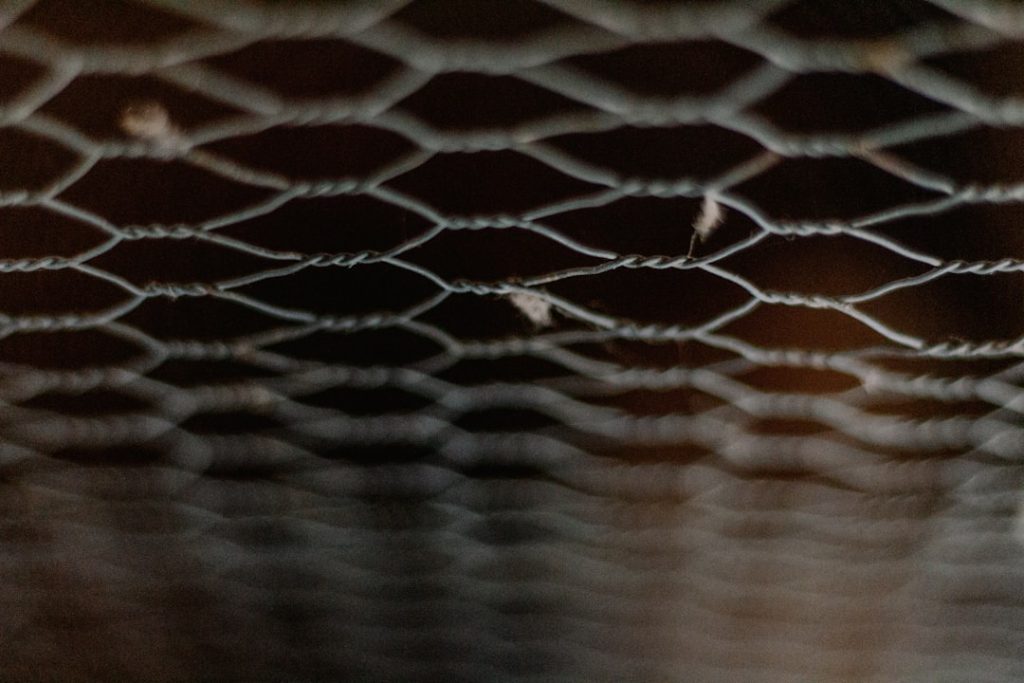Chickens are naturally curious and inquisitive animals, known to peck at anything that catches their eye. This behavior is particularly evident with flower bulbs, which chickens may mistake for food. Chickens also scratch the ground in search of insects and other edible items, potentially unearthing and consuming flower bulbs in the process.
Understanding these natural behaviors is essential for developing effective strategies to protect flower bulbs from chicken damage. Chickens are creatures of habit, and once they discover a food source in a garden, they are likely to return repeatedly. This tendency makes it crucial to address chicken damage to flower bulbs promptly, as prolonged behavior becomes more challenging to deter.
Recognizing chickens’ propensity to revisit the same locations allows gardeners to implement proactive measures to safeguard flower bulbs and prevent further damage.
Table of Contents
Key Takeaways
- Chickens are social animals and have natural behaviors such as scratching, pecking, and dust bathing.
- Choose flower bulbs that are safe for chickens to peck at, such as daffodils, snowdrops, and crocuses.
- Create physical barriers to protect flower beds and vegetable gardens from chicken damage, such as fencing or raised beds.
- Use natural deterrents like citrus peels, garlic, or vinegar to keep chickens away from specific areas.
- Provide alternative sources of food for chickens to prevent them from foraging in unwanted areas, such as hanging feeders or scattered treats.
- Supervise free-range time to ensure chickens do not cause damage to sensitive areas of the garden.
- Seek professional advice from a veterinarian or experienced chicken keeper for specific concerns or issues with chicken behavior.
Choosing chicken-friendly flower bulbs
Choose Chicken-Resistant Bulbs
When it comes to protecting your flower bulbs from chicken damage, one of the most effective strategies is to choose bulbs that are less appealing to chickens. While there are no guarantees that chickens will completely avoid certain types of bulbs, there are some varieties that are less likely to be targeted by these curious creatures. Daffodils, for example, contain toxic alkaloids that make them unappealing and even harmful to chickens if ingested.
Other Deterrent Bulbs
Similarly, snowdrops and alliums are known to have a deterrent effect on chickens due to their taste and smell.
Strategic Planting
In addition to choosing chicken-friendly flower bulbs, it’s also important to consider the placement of these bulbs in your garden. Planting them in areas that are less accessible to chickens, such as raised beds or containers, can help minimize the risk of damage.
By being strategic in your bulb selection and placement, you can create a garden that is less attractive to chickens and reduce the likelihood of damage to your flower bulbs.
Creating physical barriers

Another effective way to protect your flower bulbs from chicken damage is to create physical barriers that prevent chickens from accessing them. This can be achieved through the use of fencing or netting that is specifically designed to keep chickens out of certain areas of your garden. When choosing fencing or netting, it’s important to select materials that are sturdy and tall enough to deter chickens from attempting to breach the barrier.
In addition to traditional fencing and netting, there are also other physical barriers that can be used to protect flower bulbs from chicken damage. For example, placing large rocks or decorative stones around the base of plants can create a barrier that deters chickens from scratching and pecking at the soil. Similarly, using chicken wire or hardware cloth to create a protective barrier around vulnerable areas of your garden can help prevent chickens from accessing your flower bulbs.
Using natural deterrents
In addition to physical barriers, there are also natural deterrents that can be used to protect your flower bulbs from chicken damage. One effective natural deterrent is the use of strong-smelling plants and herbs that chickens find unappealing. For example, planting garlic, onions, or marigolds around your flower bulbs can help deter chickens from approaching them due to the strong odors emitted by these plants.
Another natural deterrent that can be used to protect flower bulbs from chicken damage is the use of predator scent. By placing items such as predator urine or feathers around your garden, you can create the illusion that predators are present, which can deter chickens from venturing too close to your flower bulbs. Additionally, some gardeners have found success in using motion-activated sprinklers or noise-making devices to startle and deter chickens from approaching vulnerable areas of their garden.
Providing alternative sources of food
One way to reduce the likelihood of chickens targeting your flower bulbs is to provide them with alternative sources of food that are more appealing and nutritious. By ensuring that your chickens have access to a balanced diet that includes plenty of grains, seeds, and greens, you can help satisfy their natural foraging instincts and reduce their interest in digging up and consuming flower bulbs. In addition to providing a varied diet for your chickens, you can also create designated foraging areas in your garden where they can scratch and peck without causing damage to your flower bulbs.
By scattering scratch grains or setting up a designated compost area for your chickens to explore, you can redirect their attention away from vulnerable areas of your garden and towards more suitable foraging opportunities.
Supervising free-range time

Supervise Outdoor Time
If you allow your chickens to free-range in your garden, it’s essential to supervise their outdoor time to ensure they don’t cause damage to your flower bulbs. By keeping an eye on your chickens while they explore your garden, you can intervene if you notice them showing interest in vulnerable areas or exhibiting behaviors that could lead to damage.
Limit Access with Temporary Fencing
In addition to direct supervision, you can also consider using temporary fencing or portable enclosures to limit the areas of your garden that are accessible to free-ranging chickens.
Create Designated Free-Range Zones
By creating designated free-range zones that are away from your flower beds and vulnerable plants, you can give your chickens the freedom to explore while minimizing the risk of damage to your garden.
Seeking professional advice
If you continue to experience issues with chicken damage to your flower bulbs despite implementing various deterrents and protective measures, it may be beneficial to seek professional advice from a poultry expert or experienced gardener. These individuals can provide personalized recommendations and strategies for protecting your flower bulbs from chicken damage based on their knowledge and expertise. Professional advice may include recommendations for specific plant varieties that are less appealing to chickens, as well as guidance on creating effective physical barriers and natural deterrents.
Additionally, a professional may be able to offer insights into chicken behavior and foraging habits that can inform your approach to protecting your garden. In conclusion, protecting your flower bulbs from chicken damage requires a combination of understanding chicken behavior, strategic plant selection and placement, physical barriers, natural deterrents, alternative food sources, supervised free-range time, and potentially seeking professional advice. By taking a proactive and multi-faceted approach to addressing this issue, you can create a garden that is both beautiful and resilient against potential chicken damage.
If you’re looking for tips on how to keep chickens from eating flower bulbs, you might also be interested in learning about the best location to put your chicken coop. Check out this article on where to put a chicken coop for some helpful advice on finding the perfect spot for your feathered friends.
FAQs
What are some common flower bulbs that chickens like to eat?
Some common flower bulbs that chickens like to eat include tulips, daffodils, crocuses, and lilies.
Why do chickens eat flower bulbs?
Chickens are naturally curious and will peck at anything that catches their eye. Flower bulbs can also be a source of nutrients for chickens.
How can I protect my flower bulbs from chickens?
You can protect your flower bulbs from chickens by using physical barriers such as wire mesh or chicken wire to cover the bulbs. Planting bulbs in raised beds or containers can also help keep them out of reach of chickens.
Are there any plants that can deter chickens from eating flower bulbs?
Some plants that can deter chickens from eating flower bulbs include marigolds, daffodils, and alliums. These plants have a strong scent or taste that chickens may find unappealing.
Can I train my chickens to not eat flower bulbs?
You can try to train your chickens to not eat flower bulbs by providing them with plenty of other food sources and distractions. However, it may be difficult to completely eliminate their natural instinct to peck at bulbs.
Meet Walter, the feathered-friend fanatic of Florida! Nestled in the sunshine state, Walter struts through life with his feathered companions, clucking his way to happiness. With a coop that’s fancier than a five-star hotel, he’s the Don Juan of the chicken world. When he’s not teaching his hens to do the cha-cha, you’ll find him in a heated debate with his prized rooster, Sir Clucks-a-Lot. Walter’s poultry passion is no yolk; he’s the sunny-side-up guy you never knew you needed in your flock of friends!







